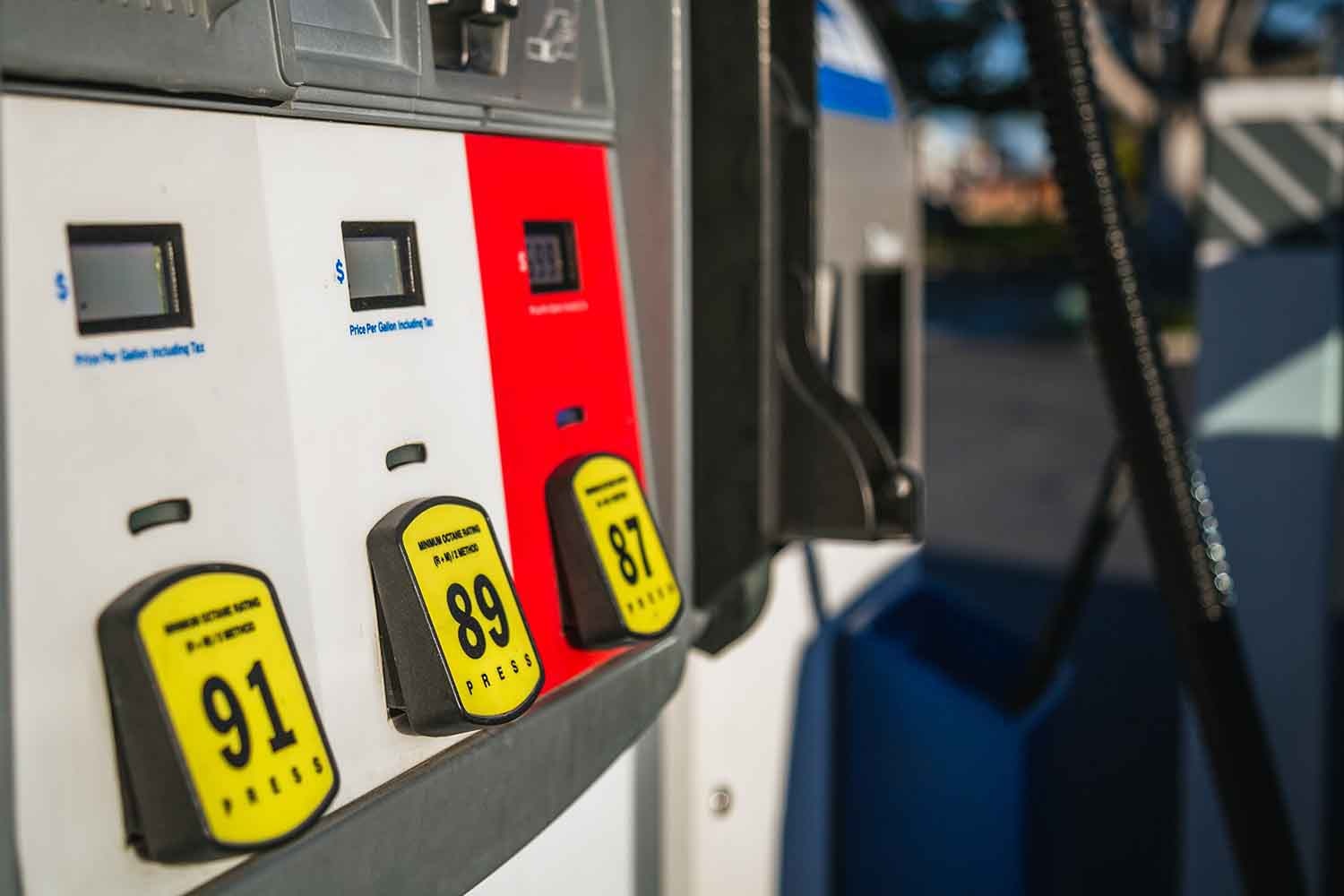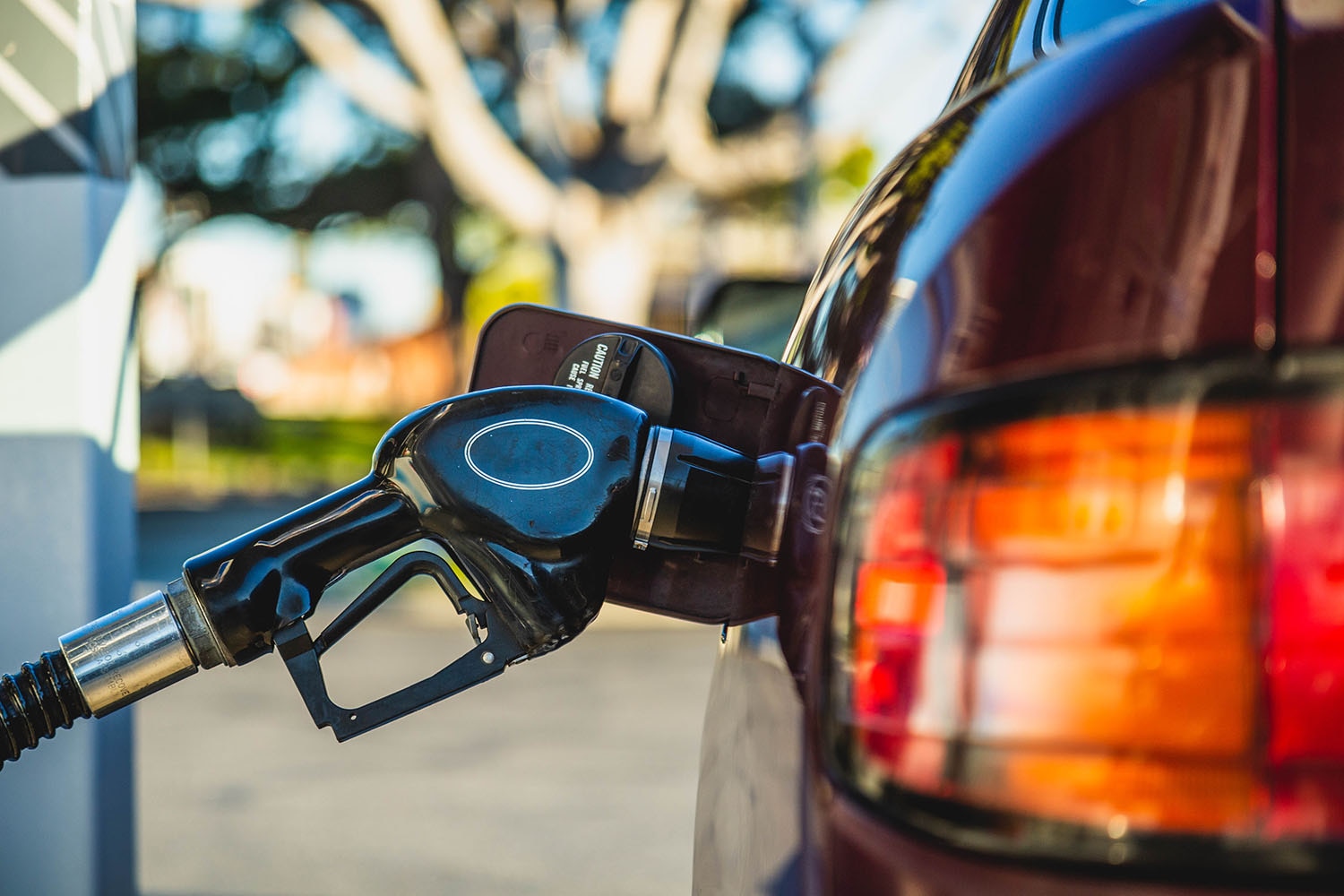Should You Use Premium Gas in Your Car?
Find out when to pay extra for premium gas and when to stick with regular.
 Manuel Carrillo III | Capital One
Manuel Carrillo III | Capital One
Is premium gasoline worth the extra money? The answer isn't a simple yes or no—it depends entirely on the vehicle you're filling up at the pump. The higher per-gallon prices, octane ratings, and the word "premium" might suggest this gas blend is better, but that's only true under certain circumstances.
Understanding whether your car, minivan, truck, or SUV will truly benefit from premium gas can help save you significant cash throughout the ownership of your vehicle.
What Is Premium Gas?
"Regular" gasoline typically has an octane rating of 87, "midgrade" is 88 to 90, and "premium" is usually between 91 and 94 octane. Premium is used primarily by performance engines to help them reliably produce maximum power.
At some gas stations, premium gasoline may also contain a greater level of detergent additives intended to remove deposits left inside an engine during its operation.
 Manuel Carrillo III | Capital One
Manuel Carrillo III | Capital One
Why Do Certain Cars Need Premium Gas?
To produce power, an internal-combustion engine uses pistons to compress a combination of air and atomized fuel just before a spark ignites it. The resulting explosion pushes the piston down, rotating the crankshaft and sending that output through the transmission to the wheels.
Performance engines typically squeeze the air-fuel mixture more forcefully. (This is known as a higher compression ratio.) Under these conditions, regular fuel is more susceptible to "knock," or "pre-ignition," which means the gas spontaneously ignites while it's being compressed, before a spark plug actually fires. Too much knock can damage an engine.
The higher the octane number, the more knock-resistant gasoline is, and the safer it is for use in a performance vehicle. Many vehicles display a recommended octane rating on the gas-tank door (or in the owner’s manual) that indicates what gas blend will deliver the most power for your vehicle. The required rating, meanwhile, shows the lowest octane you should use in your car, as a lower-octane fuel could hurt the engine.
Can You Put Premium Gas in Any Car?
The short answer is yes. The longer answer is that fueling with premium typically won't benefit the engine much.
For an engine to take advantage of the anti-knock properties of premium gas, it has to be designed to do so. On a modern vehicle, the computer controlling the motor recognizes the presence of high-octane fuel and adjusts performance accordingly.
If you put premium gas in a car that doesn't call for the expensive stuff, it won't affect performance, burn cleaner, or improve your fuel economy. So unless the manual suggests premium fuel, the rule of thumb is to avoid spending that extra cash at the pump.
Can You Mix Premium and Regular Gas in Your Fuel Tank?
There's nothing wrong with mixing premium and regular gas in the same tank. In fact, this is how midgrade gas is formulated at the station. Rather than drawing from a separate storage tank for each octane rating, gas pumps actively mix high-octane fuel with lower-octane fuel to create midgrade gas.
Written by humans.
Edited by humans.
 Benjamin Hunting
Benjamin HuntingNearly two decades into his career as an automotive journalist, Benjamin has had his hands greasy, his hair blown back, and his heart broken by more than one project car. In addition to his work at Capital One, he has contributed features and reviews to Motor Trend, Car and Driver, Hagerty, Driving Line, Inside Hook, Super Street, European Car, Roadkill Magazine, Motor 1, The Drive, the Toronto Star, the National Post, Business Insider, NAPA, Autoblog, Automotive News Canada, and AutoGuide. He is also cohost of the Unnamed Automotive Podcast and cocreator of the Code 45 and Dead Air graphic novels. In his spare time, he's a friend to vinyl and enjoys keeping the shiny side up during track days.
Related articles
View more related articles